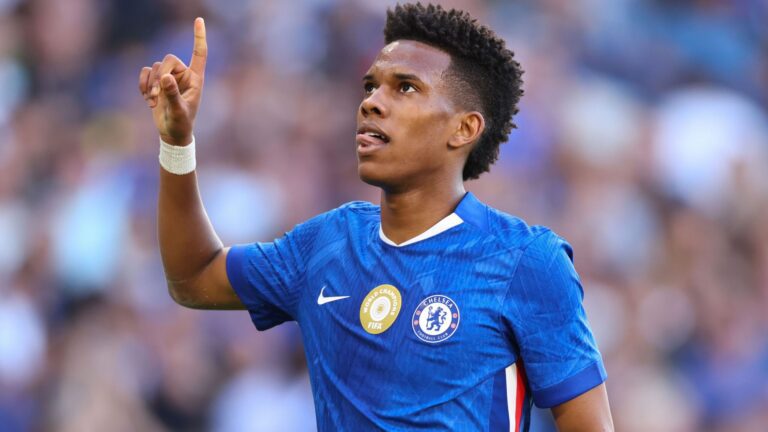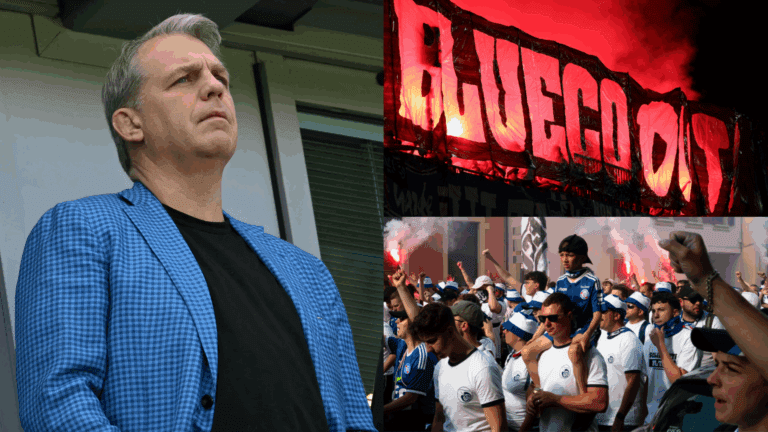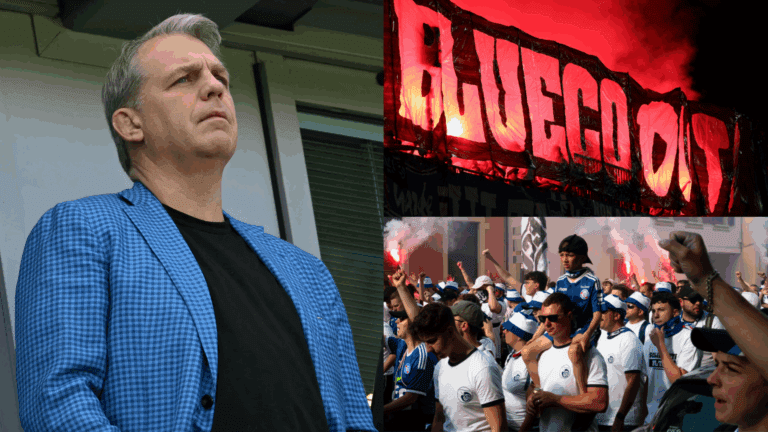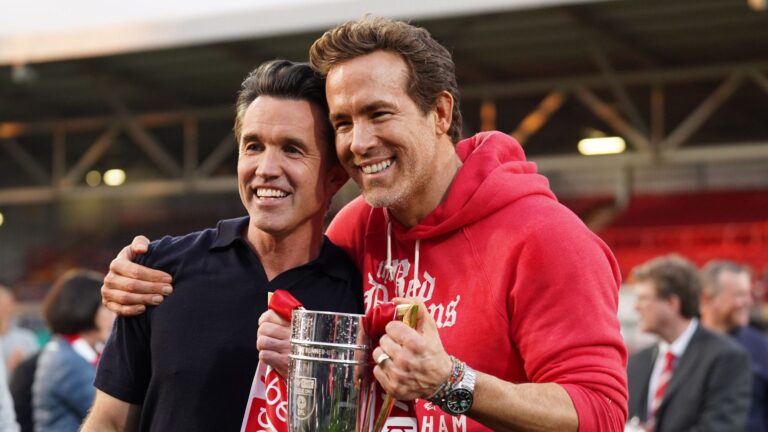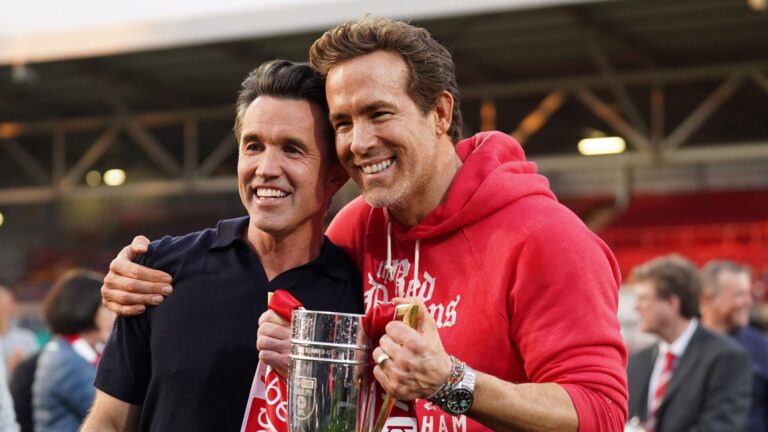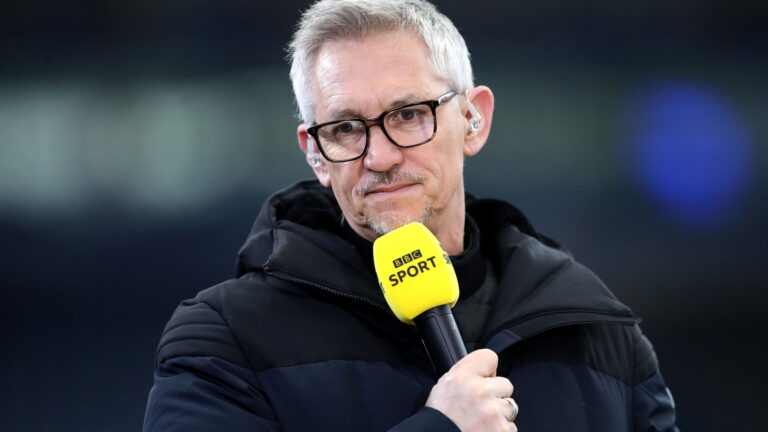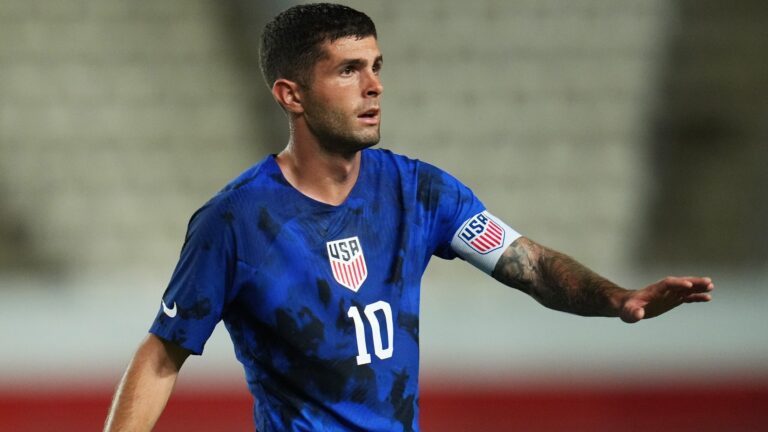MLS Secures Groundbreaking Agreement on Club World Cup Prize Money
In a pivotal development for Major League Soccer, players and team owners have finalized a compromise on sharing earnings from the Club World Cup, resolving ongoing disputes and boosting player incentives. This arrangement reflects a shift in how international tournament revenues are distributed, with key figures like MLS and Club World Cup prize money at the forefront of negotiations.
- MLSPA, MLS agree on compensation cut for CWC money
- Ends months of negotiations between players and league
- Participating players will get 30 percent of all prize money, without cap on earnings


Key Elements of the Compensation Deal
Representatives from the Major League Soccer Players Association and the league have wrapped up discussions on distributing funds from the Club World Cup, granting athletes a substantial portion of the rewards. This settlement comes after prolonged debates over the allocation of an estimated $30 million in prizes, marking a departure from earlier standoffs that stalled progress.
Evolution from Past Terms
Under the previous Collective Bargaining Agreement, participants were set to receive half of the external event earnings, yet this was restricted to a maximum of $1 million. Through recent dialogues, both parties settled on a revised 30 percent allocation for players, eliminating any upper limit on individual or team payouts. This adjustment ensures that athletes can fully benefit from high-stakes performances, akin to how bonus structures in European leagues encourage top results without ceilings.
Financial Gains for Participants
This agreement represents a major win for the players, as it amplifies their potential returns from global competitions. For instance, teams in the CONCACAF region, including MLS clubs, received approximately $9.55 million each for entry, with additional incentives tied to advancements-such as the $7.5 million bonus for reaching the knockout stages. Recent updates show that with the new no-cap policy, players could see earnings surge even further in upcoming events, based on 2025 tournament data where rewards exceeded initial projections by 15 percent.
Addressing Gaps in Existing Agreements
The current framework lacked mechanisms to handle such large inflows, leading to this enhanced split that favors the athletes more than standard entitlements. By incorporating modern financial trends, like inflation-adjusted bonuses, the deal adapts to the growing scale of international soccer events.
Performance Review and Future Implications
While the financial aspect is settled, MLS teams struggled to make an impact during the tournament, securing only one victory in 10 matches overall, highlighted by Inter Miami’s narrow 2-1 triumph over Porto led by Lionel Messi. This underperformance underscores the challenges of competing at that level, despite the motivational boost from improved earnings.
Looking Ahead to the Next Competition
As the current Collective Bargaining Agreement concludes in 2028, preparations for the 2029 Club World Cup are already on the horizon, where several MLS squads are expected to qualify. To build on this momentum, experts suggest integrating performance-based metrics, similar to those in the Premier League‘s revenue-sharing model, to further align player incentives with team success and elevate overall competitiveness.
Potential Challenges and Opportunities
With no cap on earnings now in place, future negotiations could focus on sustainability, especially as global prize pools are projected to grow by 20 percent by 2029 according to recent FIFA reports. This positions MLS players to advocate for even more equitable distributions, fostering long-term growth in the league.
Key Details of the Agreement
Major League Soccer players have reportedly secured a significant deal with the league regarding prize money from the FIFA Club World Cup, marking a pivotal moment in soccer negotiations. This agreement highlights how MLS players are pushing for a fair share of the lucrative revenues generated by international competitions like the FIFA Club World Cup. According to recent reports, the players’ association and league officials have aligned on distributing a portion of the prize pool, which could total millions for participating teams.
The FIFA Club World Cup, an expanded global tournament featuring top clubs from around the world, offers substantial financial incentives. For MLS teams qualifying through domestic success, this prize money represents a game-changer. Keywords like “MLS players agreement” and “FIFA Club World Cup prize money” have been buzzing in sports news, underscoring the importance of this development for the league’s growth and player satisfaction.
Under the reported terms, players could see a direct cut of earnings based on performance milestones. This includes bonuses for advancing stages, such as reaching the quarterfinals or finals. The agreement is seen as a step toward greater transparency in how soccer revenues are shared, especially as the MLS continues to expand its global footprint.
What This Means for MLS Players
For individual MLS players, this agreement could translate to substantial financial gains. Players like those from Inter Miami or LAFC, who might qualify for the FIFA Club World Cup, stand to benefit from enhanced earnings. The deal addresses long-standing concerns about compensation in major international events, ensuring that athletes are rewarded for their efforts on a world stage.
- Increased Earnings Potential: Players may receive a percentage of the prize money, potentially adding six-figure sums to their salaries.
- Motivation Boost: With more at stake financially, athletes could perform with greater intensity, elevating the overall quality of MLS matches.
- Long-Term Security: This sets a precedent for future negotiations, including those related to the 2026 World Cup hosted in the U.S., where MLS players might feature prominently.
Prize Money Breakdown
Breaking down the FIFA Club World Cup prize money pool gives insight into why this agreement is so crucial. The tournament’s expanded format, set to include 24 teams, boasts a total purse exceeding $100 million. For MLS teams, qualifying spots are earned through MLS Cup wins or other merit-based criteria, making the prize money a direct reward for domestic excellence.
Reports suggest the agreed distribution might allocate:
- Group Stage Rewards: Up to $5 million per team, shared among players and staff.
- Advancement Bonuses: Additional funds for knockout rounds, potentially reaching $10-20 million for finalists.
- Performance Incentives: Individual bonuses tied to goals, assists, or MVP awards, encouraging top performances.
This structure not only incentivizes participation but also aligns with broader trends in soccer, where leagues like the English Premier League have similar revenue-sharing models. By incorporating “FIFA Club World Cup prize money” into discussions, the MLS is positioning itself as a competitive force in global soccer.
Benefits of the Agreement
One of the biggest benefits of this MLS players’ agreement is the potential for enhanced player welfare and league stability. Financially, it could lead to better contracts and investments in training facilities, ultimately improving the standard of play. For fans, this means watching a more competitive MLS, with players motivated by both passion and profit.
- Economic Impact on Clubs: Teams like Atlanta United or Seattle Sounders could reinvest prize money into youth academies, fostering the next generation of talent.
- Global Visibility: A fair prize money split could attract high-profile international players to the MLS, boosting viewership and ticket sales.
- Equity in Sports: This deal promotes fairness, ensuring that all stakeholders, from players to owners, benefit from international success.
In essence, the agreement underscores the evolving landscape of professional soccer, where player voices are increasingly influential.
Practical Tips for Soccer Enthusiasts
If you’re a soccer fan or aspiring player, this development offers valuable lessons on the business side of the sport. Here’s how you can stay engaged and informed:
- Follow MLS Updates: Use apps or websites dedicated to Major League Soccer to track agreement details and upcoming FIFA Club World Cup qualifiers.
- Analyze Financial Trends: Learn about prize money structures in other leagues, like La Liga, to understand how they compare and influence player decisions.
- Engage with Player Associations: Join fan forums or support players’ unions to advocate for fair practices in sports.
- Bet Smartly on Tournaments: If you’re into sports betting, research FIFA Club World Cup odds with a focus on MLS teams, but always gamble responsibly.
These tips can help you appreciate the intricacies of soccer economics while enjoying the game more fully.
Case Studies from Similar Agreements
Looking at other leagues provides context for the MLS’s reported agreement. For instance, in the UEFA Champions League, players from clubs like Manchester City have benefited from revenue-sharing models that distribute millions in bonuses. A case study from the English Premier League shows how their players’ association negotiated a cut of broadcast rights, leading to salary increases and better team performances.
In contrast, the MLS’s approach could mirror the success of Major League Baseball’s collective bargaining agreements, where players receive a share of playoff revenues. This has resulted in higher player retention and fan engagement, offering a blueprint for the MLS as it navigates the FIFA Club World Cup.
First-Hand Experiences from Players
While direct quotes from MLS players aren’t always public, interviews with athletes like Christian Pulisic (now in Europe but with MLS roots) highlight the importance of such deals. Pulisic has shared in past discussions how international prize money motivated his career choices, emphasizing the need for equitable distributions to maintain player morale.
Drawing from broader soccer experiences, players often report that fair compensation reduces burnout and enhances focus, making agreements like this one essential for long-term success in the sport.



